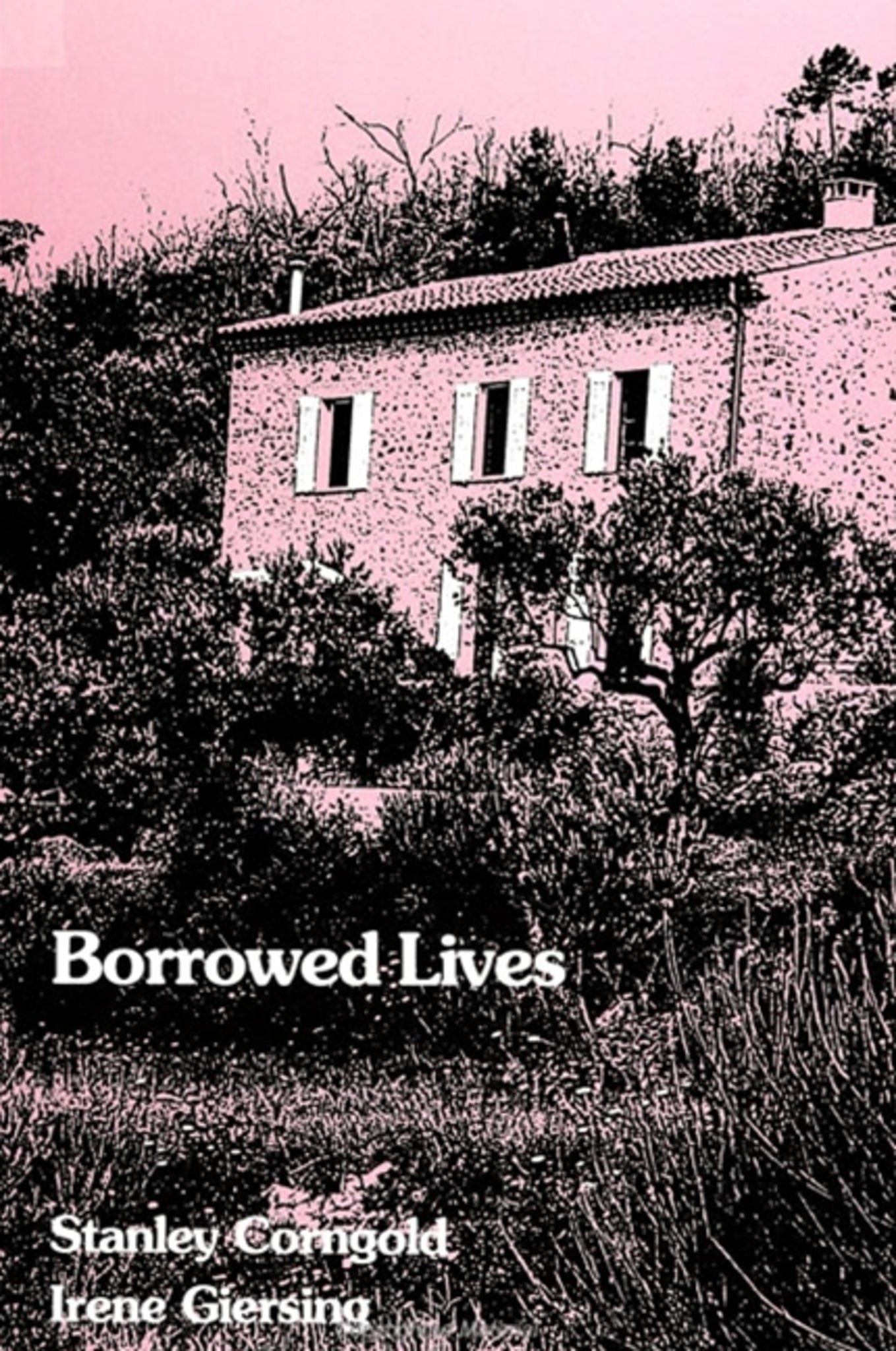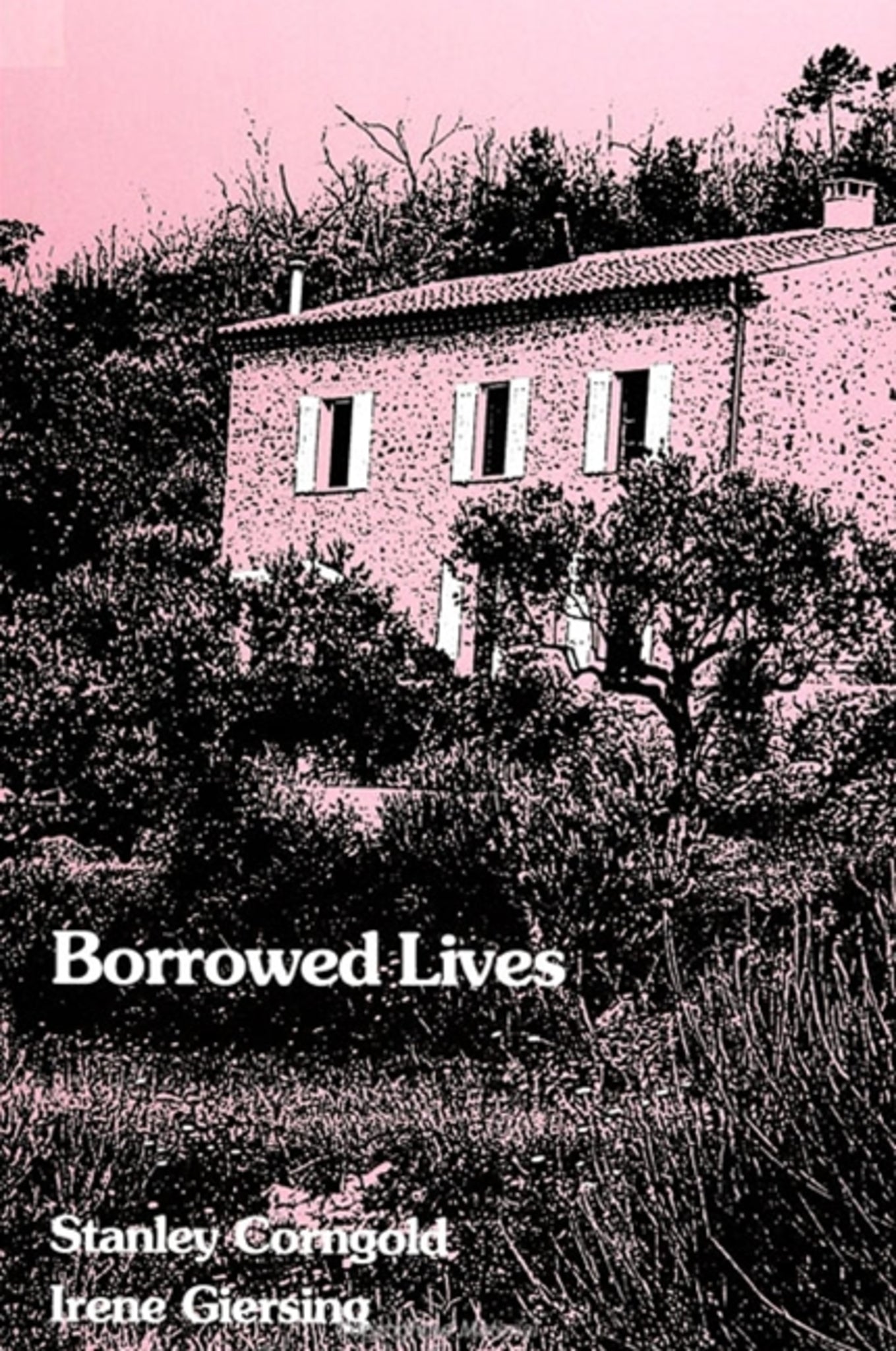We're sorry. An error has occurred
Please cancel or retry.
Borrowed Lives

Some error occured while loading the Quick View. Please close the Quick View and try reloading the page.
Couldn't load pickup availability
- Format:
-
10 September 1991

Borrowed Lives is a novel. It is an enactment of issues of literary philosophy and criticism, including the question of whether there can be originality, coherence, and authenticity in life and art. It deepens William Blake's point - Make your own myth or else be enslaved by another man's - by asking whether one's own myth isn't also another man's myth and by portraying the terrible consequences of taking one's own myth literally.


"Whether he be original or a plagiarist, man is the novelist of himself," wrote Ortega y Gasset. In Borrowed Lives, Corngold and Giersing have written the "novel of himself" for their hero, the tenant Paul van Pein, who is at once original and a plagiarist. This narrative, novel, and critical fiction about an academic expatriate in the south of France tells the story of a life lived in response to the desire of another — the mysterious landlady Margot Stevens. Paul is conscripted into her plan, until he finally rebels against her subtle tyranny. In telling this story with wit and playful allusiveness, Corngold and Giersing enact the process of "original" novel writing; the story of their hero parallels their own original composition.
"Paul van Pein is an utter original: he lives, loves, laughs, and hates without restraint. His mysterious adversary Margot is equally fearsome. From slow dreamy beginnings the story gathers momentum and hurtles toward its awful climax." — Susannah York
"I like the way this book plays on the notion of a quest for genuineness that always and inevitably falls short, whether the quest for a genuine love, a genuine character, or a genuine novel." — Clayton Koelb, University of Chicago
No table of contents available for this publication.



